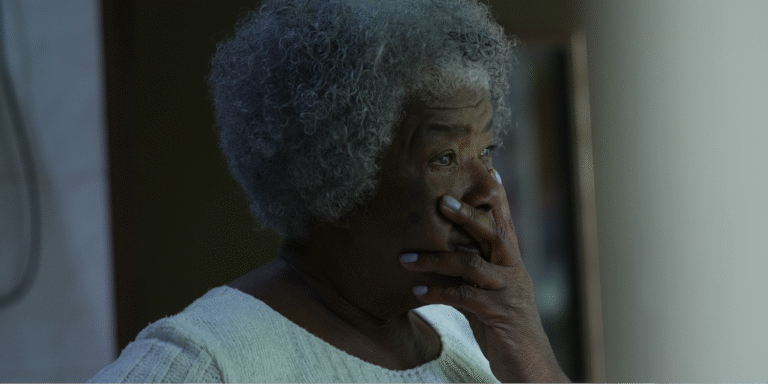A cancer diagnosis can be overwhelming, and it’s natural to feel unsure about how to talk to your children about it. However, open and honest communication is crucial for helping your kids understand what’s happening and cope with the changes that may come.
Here are some tips to guide you through this difficult conversation:
1. Empower Them as Part of the Team
- Let your child know that they are an important part of your treatment plan and recovery.
- Explain how their love and support can help you stay strong and fight the cancer.
- Studies show that people with strong support systems have a better chance of recovering from cancer. This means their support can actually help you get better!1
2. Choose the Right Time and Place
- Find a quiet, private space where you can talk without distractions.
- Choose a time when your child is likely to be receptive and relaxed.
- Avoid having the conversation right before bedtime or a major event.
3. Be Honest and Age-Appropriate
- Use simple, straightforward language that your child can understand.
- Tailor the information to your child’s age and maturity level. Younger children may need less detail than older children or teenagers.
- Be honest about your diagnosis, but also offer reassurance and hope.
4. Explain What Cancer Is
- Explain that cancer is a disease where some cells in the body start growing out of control.
- Use simple analogies, like comparing cancer cells to weeds in a garden.
- Emphasize that cancer is not contagious and that your child cannot catch it from you.
5. Discuss Treatment and Side Effects
- Explain the types of treatment you will be receiving, such as surgery, chemotherapy, or radiation.
- Be honest about potential side effects, such as hair loss or fatigue (feeling tired), but reassure your child that these are usually temporary.
- Explain how treatment may affect your daily routine and how your child can help.
6. Encourage Questions and Emotions
- Let your child know it’s okay to ask questions and express their feelings.
- Validate their emotions, whether it’s sadness, fear, or anger.
- Reassure them that you love them and that you’re there for them.
7. Maintain a Sense of Normalcy
- Try to keep your child’s routine as consistent as possible.
- Encourage them to participate in their usual activities and spend time with friends.
- Create opportunities for fun and laughter to help them cope with stress.
8. Seek Support
- Talk to your child’s school counselor or teacher to let them know about your diagnosis and how they can support your child.
- Consider joining a support group for families affected by cancer.
- Don’t hesitate to seek professional help for your child if they are struggling to cope.
Remember:
- Every child is different: Pay attention to your child’s cues and adjust your communication accordingly.
- It’s an ongoing conversation: Be prepared to answer questions and provide updates as your treatment progresses.
- You’re not alone: There are many resources available to help you and your child navigate this journey. Start by finding a therapist who works for you.
Talking to your kids about cancer is never easy, but it’s an important step in helping them understand and cope with this challenging experience. By being open, honest, and supportive, you can help your children feel safe, loved, and empowered during this difficult time.
Reference:
- Uchino, B. N., Cacioppo, J. T., Kiecolt-Glaser, J. K., & Bernston, G. G. (2018). The relationship between social support and physiological processes: A review with emphasis on underlying mechanisms and implications for health.
Psychological Bulletin, 144(1), 110-128.
You Might Also Like:

Alzheimer’s disease
A Step-by-Step Guide to Getting a Memory Evaluation When You Suspect Dementia
Forgetfulness isn’t always just “getting older.” If memory changes are disrupting daily life, it’s time to move from worry to a plan. This guide walks you through the steps of a memory evaluation and provides the scripts you need to advocate for a proper diagnosis.
Read More »
Dr. Raquel Hammonds, NMD, MPH
February 25, 2026

Asthma
5 Affordable Air Filters and Purifiers to Help You Breathe Easier at Home
Breathing clean air shouldn’t be a luxury. From reducing asthma flares to improving sleep, find out why indoor air quality matters and which affordable air purifiers actually work for your home.
Read More »
Dr. Raquel Hammonds, NMD, MPH
February 23, 2026







